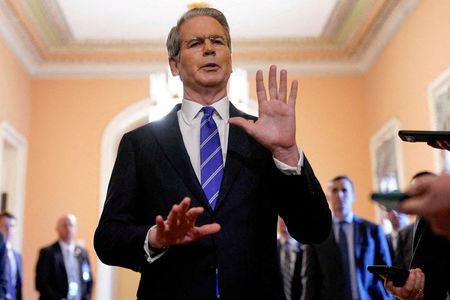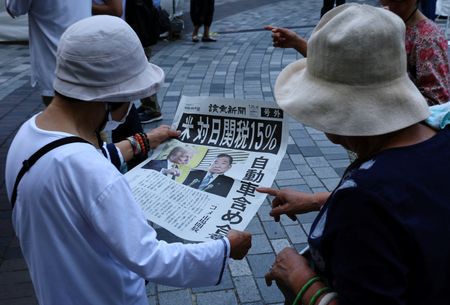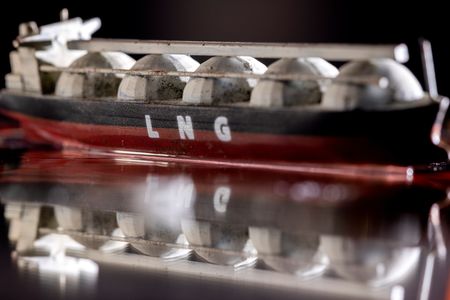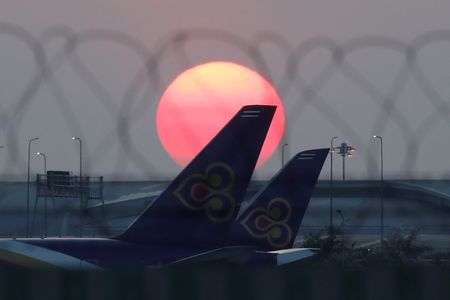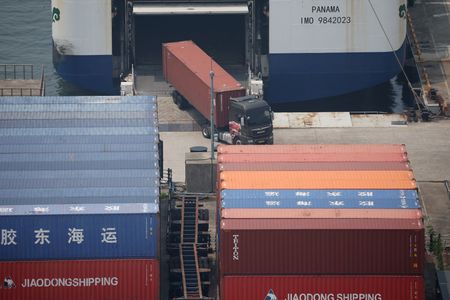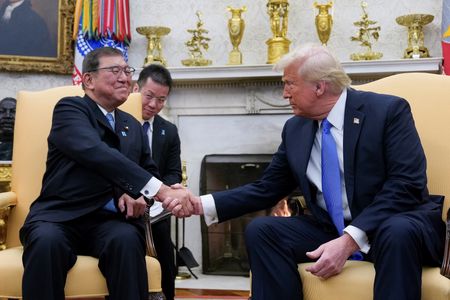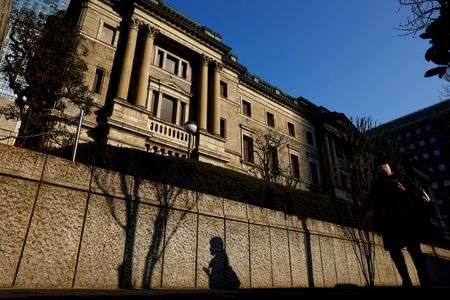By David Lawder, Susan Heavey and Andrea Shalal
WASHINGTON (Reuters) -U.S. and Chinese officials will meet in Stockholm next week to discuss an extension to the deadline for negotiating a trade deal, U.S. Treasury Secretary Scott Bessent said on Tuesday as President Donald Trump announced a deal with the Philippines and released terms of a previous deal with Indonesia.
“I think trade is in a very good place with China,” Bessent told Fox Business Network’s Mornings With Maria program. He added that the meetings with his Chinese counterparts would take place next Monday and Tuesday with discussions over rebalancing the U.S.-China trade relationship.
After Bessent announced the Stockholm meetings, Trump announced a new 19% tariff rate for goods from the Philippines following a visit to the White House by Philippine President Ferdinand Marcos Jr. Trump said there would be no Philippines tariffs on U.S. goods.
Later, the Trump administration confirmed the same 19% tariff rate for Indonesia, down from an initial 32%, as it released terms of a deal reached last week that calls for Indonesia to eliminate tariff and non-tariff barriers on most U.S. goods.
‘MUTUAL UNDERSTANDING’
In a post on X, Swedish Prime Minister Ulf Kristersson welcomed the U.S.-China talks that his country will host next week, saying they were important for the global economy.
“It is positive that both countries wish to meet in Sweden to seek mutual understanding,” Kristersson said.
A spokesperson for China’s embassy in Washington said Beijing and Washington had finalized implementation details for a consensus on trade reached by Trump and President Xi Jinping.
“Please stay tuned for further developments,” the spokesperson added, without elaborating.
Since mid-May, Bessent has met twice with Chinese Vice Premier He Lifeng in Geneva and London. The pair sought to work out and refine a temporary trade truce that dialed back dueling triple-digit retaliatory tariffs that threatened to cut off all trade between the world’s two largest economies.
U.S. Trade Representative Jamieson Greer, Commerce Secretary Howard Lutnick, China’s Commerce Minister Wang Wentao and chief trade negotiator Li Chenggang also participated in those talks.
So far, Beijing has agreed to end its export ban on rare earth metals and magnets to the U.S. Washington agreed to restart shipments to China of semiconductor design software and production materials, as well as commercial aircraft engines and other goods.
The sides set a 90-day deadline to resolve deeper issues, including U.S. complaints about China’s state-led and subsidized export-driven economic model that has created excess manufacturing capacity, flooding world markets with cheap goods. China denies that it subsidizes its industries and attributes their export success to innovation.
Tariffs could snap back to 145% on the U.S. side and 125% on the Chinese side without a deal or negotiating extension.
“We’ll be working out what is likely an extension” at the Stockholm talks, Bessent said, adding that U.S. officials would discuss other issues, including reducing China’s over-reliance on manufacturing and exports.
“Hopefully we can see the Chinese pull back on some of this glut of manufacturing that they’re doing and concentrate on building a consumer economy,” Bessent said.
Bessent’s deputy, Michael Faulkender, told Bloomberg Television that the discussions would touch on Chinese export controls of rare earths, access to markets and the overall tariff rate.
“There is enormous space for us to talk about what for decades has been practices by the Chinese government that give them unfair advantages in the global marketplace,” he said.
RUSSIAN OIL SANCTIONS
Bessent said he also wants to issue warnings to China about continuing to buy sanctioned Russian and Iranian oil and China’s efforts to aid Russia’s war against Ukraine.
Bessent said there was bipartisan support in the U.S. Senate for legislation aimed at imposing tariffs of 100% on goods from countries that continue to buy Russian oil, namely China and India.
“I’m going to be in touch with my European counterparts. The Europeans that have talked a big game about sanctioning Russia, and it’ll be very important for the Europeans to also be willing to put on these high levels of secondary tariffs for sanctioned Russian oil.”
He said the U.S. was poised to announce “a rash of trade deals” with other countries, and Japan could be among these despite an election setback for Japan’s ruling party and difficult negotiations.
“I wouldn’t be surprised if we aren’t able to iron out something with Japan pretty quickly,” Bessent said.
Nonetheless, he said that for most countries, tariffs would “boomerang” back towards April 2 levels from the current 10%, but negotiations on trade deals could continue.
(Reporting by David Lawder Susan Heavey and Andrea Shalal; additional reporting by Bhargav Acharya; Editing by Andrew Heavens, Chizu Nomiyama, Deepa Babington and David Gregorio)

